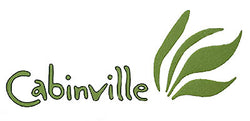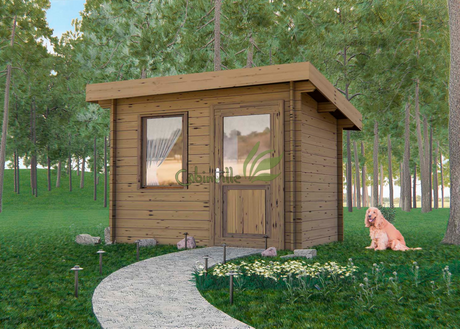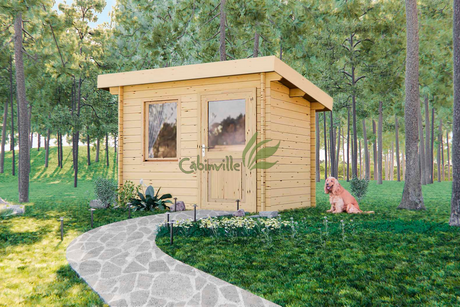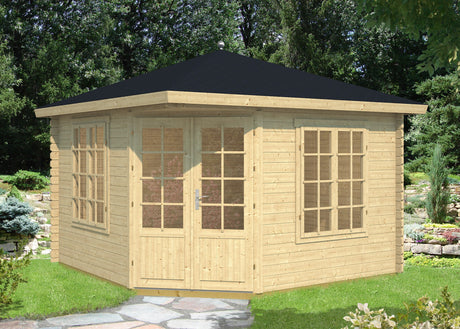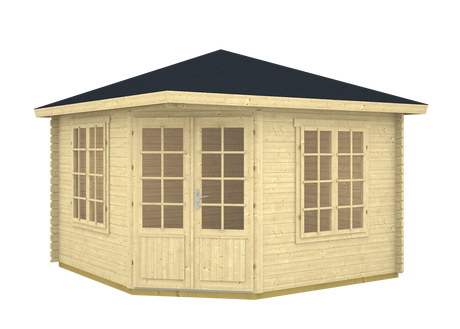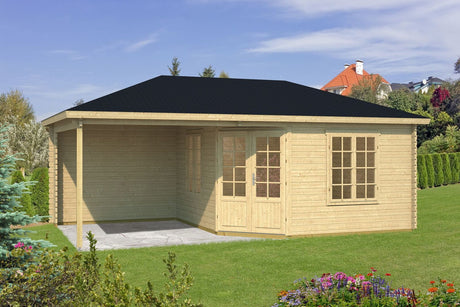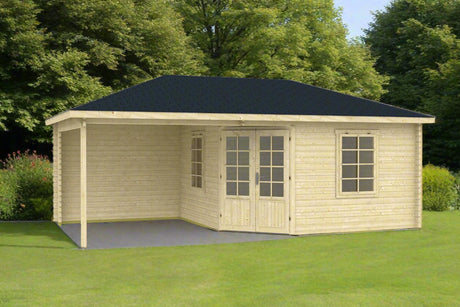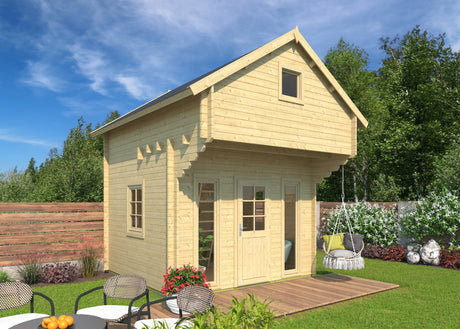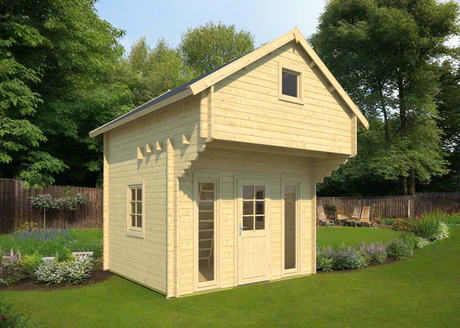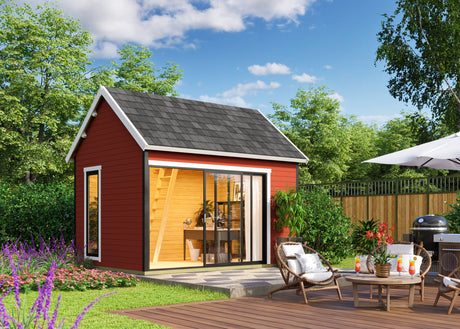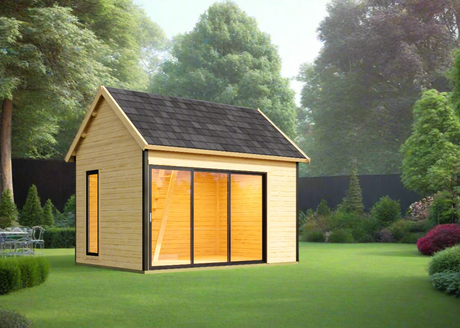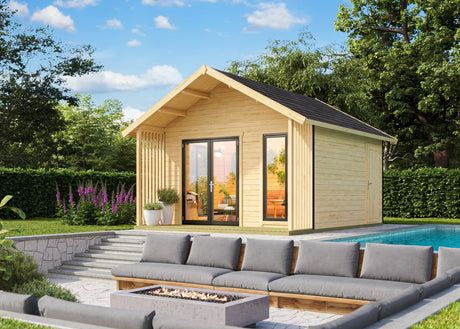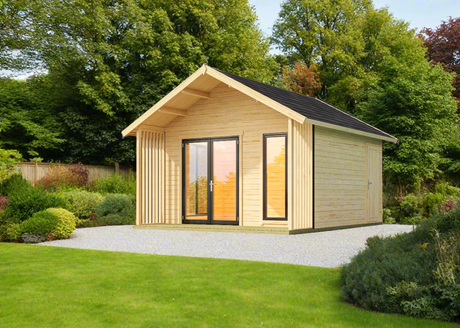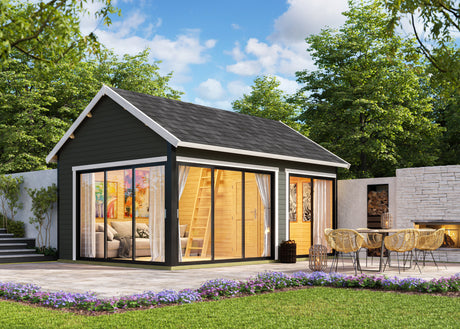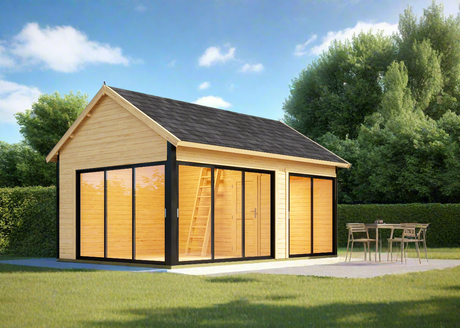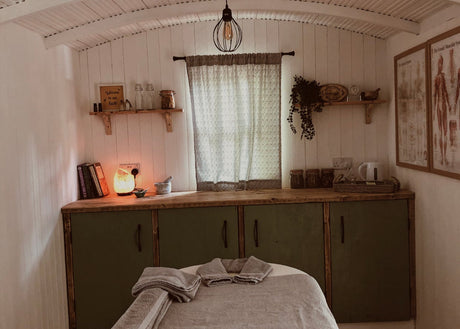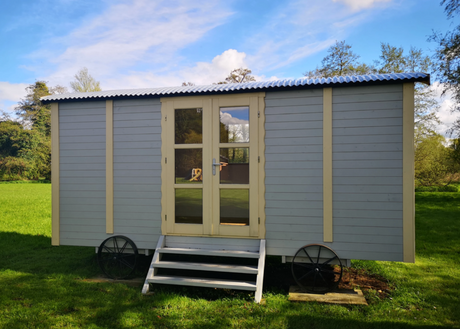When comparing shepherd huts and log cabins, both offer charm and functionality but cater to different needs and aesthetics. Here's a breakdown of their key differences:
1. Design and Aesthetic
- Shepherd Huts: Traditionally small, mobile, and rustic, shepherd huts feature a curved roof, wooden cladding, and often sit on cast-iron wheels. They exude a countryside charm and are typically cozy and compact.
- Log Cabins: These are larger, more versatile structures made from stacked timber logs. They have a rugged, natural look and are often associated with woodland or alpine settings.
2. Size and Space
- Shepherd Huts: Compact in size, they are ideal for single-room setups like a small office, guest room, or retreat. Space is limited, but clever designs maximize functionality.
- Log Cabins: Available in various sizes, they can accommodate multiple rooms, making them suitable for family use, storage, or as holiday homes.
3. Portability
- Shepherd Huts: Built on wheels, they are mobile and can be relocated within your property with ease.
- Log Cabins: Fixed structures, they are more permanent and require a foundation.
4. Uses
- Shepherd Huts: Perfect for small spaces, they’re often used as garden offices, studios, or glamping accommodations.
- Log Cabins: Larger and more versatile, they are used as guest houses, family lodges, or holiday rentals.
5. Cost
- Shepherd Huts: Typically more affordable due to their smaller size but may cost more per square foot.
- Log Cabins: Higher overall cost, depending on size and features, but offer more space and durability.
Conclusion
Choose a shepherd hut for a compact, charming, and portable solution. Opt for a log cabin if you need more space, versatility, and a permanent structure. Your choice will depend on your intended use, available space, and personal style.
